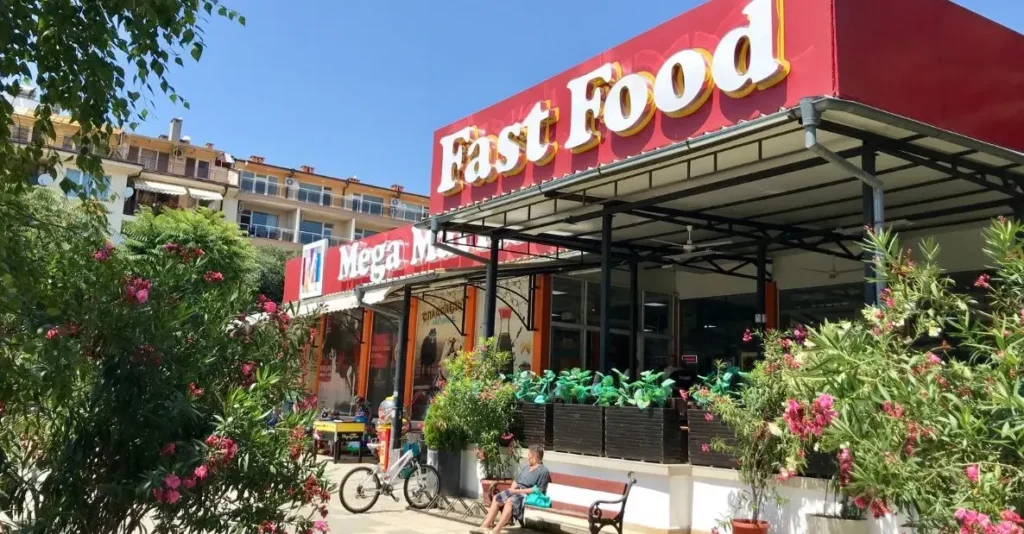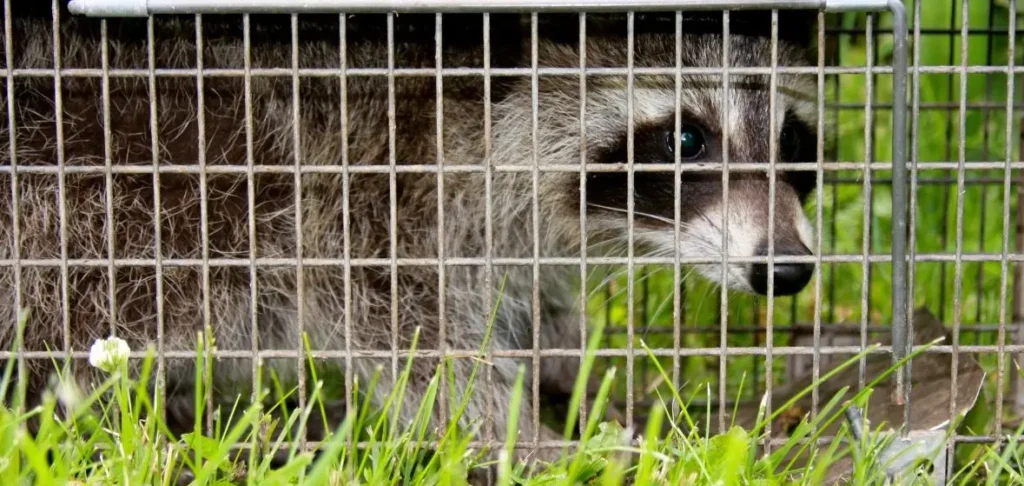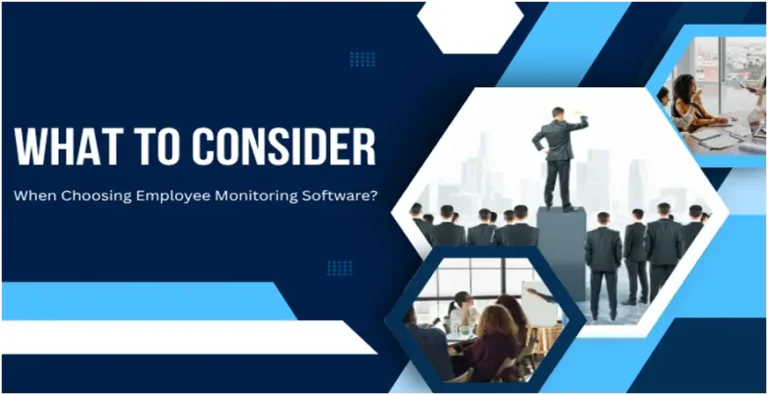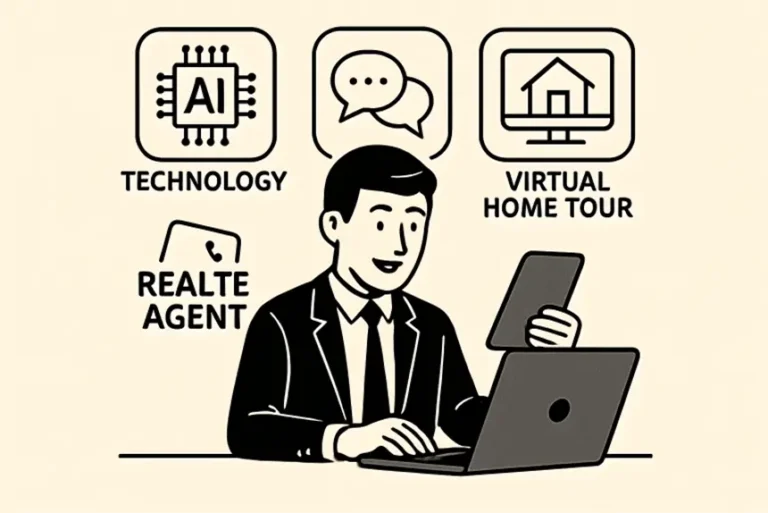Raccoon Removal for Fast Food Chains: Effective Strategies to Protect Your Business
Raccoons can pose serious challenges for fast food chains, from health risks to property and inventory damage. Effective raccoon removal for fast food chains focuses on quick identification and safe, humane removal to protect your business operations and maintain sanitary conditions. Addressing these issues promptly helps prevent potential disruptions and costly repairs.
Your fast food location is targeted due to easy food waste and shelter access. Understanding the behavior of raccoons around fast food chains allows you to implement targeted removal strategies that reduce the chances of repeat infestations and ensure a safer environment for your staff and customers.
Understanding Raccoon Problems in Fast Food Chains
Raccoons frequently target fast food chains because they have easy access to food and shelter. Identifying how they enter and their risks is critical for effective control and prevention.

Common Entry Points for Raccoons
Raccoons can enter your fast food restaurant through gaps in the roofing, vents, or broken windows. They often exploit unsecured dumpsters and garbage areas outside your establishment.
In Dallas, where raccoon activity is high, wildlife removal for fast food establishments should focus on sealing holes around pipes and electrical lines. If not properly secured, attics and crawl spaces can also be targeted.
You should inspect all potential access points regularly. Raccoons are skilled climbers and can use trees, fences, or utility lines to reach your building. Blocking these routes limits invasions.
Risks Associated With Raccoon Intrusions
Raccoons carry diseases like rabies and leptospirosis, which can contaminate food preparation areas. In addition to raccoons, businesses in the region should also be aware of the various types of roaches in Florida, which pose similar sanitation concerns.
Their droppings and urine create health hazards that may result in violations during health inspections.
Damage to insulation, wiring, and food storage threatens your fast-food restaurant’s infrastructure and safety. In Dallas, wildlife removal companies emphasize rapid response to minimize these risks and protect your customer base and brand reputation.
You must act promptly to avoid costly repairs and liability issues. Raccoon infestations can also deter customers due to negative perceptions of cleanliness and hygiene.

In addition to implementing effective raccoon removal strategies, fast food chains in Rockford can benefit from comprehensive pest management solutions. By partnering with local experts, businesses can ensure a safe and hygienic environment for their customers. For those in the area, Pest Control Rockford offers tailored services that address not only raccoons but a wide range of pests that could threaten the integrity of your establishment. This proactive approach not only protects your business but also enhances customer satisfaction by maintaining a clean and welcoming atmosphere.
Effective Raccoon Removal Strategies for Quick Service Restaurants
To address raccoon issues effectively, you must prioritize professional help, ensure humane treatment, and act quickly. These steps prevent damage to your property and health risks from wildlife on your premises.
Professional Wildlife Removal Solutions
Hiring professionals specializing in commercial raccoon removal for eateries is essential. Experts have the right tools and training to assess entry points, set traps, and remove raccoons safely without harming your business operations.
For fast food locations, professionals tailor pest control raccoon strategies to the unique environment of drive-thru restaurants. This includes inspecting trash areas, rooftops, and outdoor dining spaces where raccoons tend to forage.
Using licensed services also ensures compliance with local wildlife regulations. This reduces liability and avoids improper handling that could worsen infestations.
Safe and Humane Raccoon Handling
You want raccoon management for drive-thru restaurants to be ethical and safe. Humane methods involve live trapping and relocation away from urban areas. Harmful poisons or aggressive traps can cause more problems, including sick or injured animals near your premises.
Professionals target removal when raccoons are less active, minimizing animal stress and risks to your staff. They also inspect for young raccoons to avoid separation issues that can lead to multiple visits.
Using cages and one-way exits ensures raccoons leave without damage or injury. This approach supports public safety and maintains your restaurant’s clean image.
Importance of Rapid Response
Once raccoon activity is detected, quick action is critical. Delays increase the risks of contamination, property damage, and repeated visits. Raccoons attracted to food waste can quickly multiply and cause serious hygiene concerns.
Immediate removal prevents nest building in attics or walls, which leads to costly repairs. Fast response also reduces interruptions to your customer service and limits potential health code violations.
Implementing routine inspections and prompt pest control in raccoons’ fast food locations helps catch problems early. This proactive stance safeguards your business reputation and operational continuity.
Implementing Raccoon Prevention and Exclusion Measures
Effective raccoon prevention in quick service restaurants requires targeted actions to reduce attractants and block entry points. This approach involves securing trash areas, installing exclusion devices, and knowing when to call professionals. Each step is essential for maintaining a raccoon-free environment.
Securing Dumpsters and Food Storage Areas
Your dumpsters and food storage areas must be tightly controlled to deter raccoons. Use heavy-duty lids with locking mechanisms to prevent animals from lifting covers. Regularly clean these areas to remove spilled food or grease that may attract wildlife.
Position dumpsters away from building entrances and ensure doors to storage rooms are fully closed after hours. Consider installing motion-activated lights or alarms that startle raccoons before they become a habit.
For raccoon prevention in quick service restaurants, frequent dumpster inspections and schedules to empty waste more often reduce the chances of raccoon habituation.
Utilizing Raccoon Exclusion Devices
Exclusion devices physically block raccoons from entering sensitive areas. You can install metal flashing, wire mesh screens with small holes (no larger than 1/2 inch), and chimney caps to seal off common entry points.
Doors and windows should have weather-stripping or metal kick plates at the bottom to prevent raccoons from pushing through gaps. Restaurant managers often overlook vents, soffits, and rooflines.
Raccoon exclusion services for food chains in Dallas often recommend a thorough site evaluation to identify weak points and install durable materials, which minimize the risk of future infestations.
Calling Professionals to Deal with Raccoons
If raccoons persist despite prevention efforts, contacting professional wildlife removal services is crucial. Experts like Critter Stop can perform free inspections to assess your facility’s vulnerabilities and implement humane and effective removal strategies.
Professionals can access safer trapping techniques and exclusion tools, ensuring your business complies with local wildlife laws while protecting your property. Partner with a service unfamiliar with fast food chain operations to tailor solutions that fit your operational hours and sanitation standards.
Critter Stop has a strong reputation for quality and customer care based on excellent online reviews. Call Critter Stop at (214) 234-2616 to schedule a free inspection and efficiently address wildlife or pest issues.
Also Read-Wholesale Plumbing Suppliers: Everything You Need to Know






